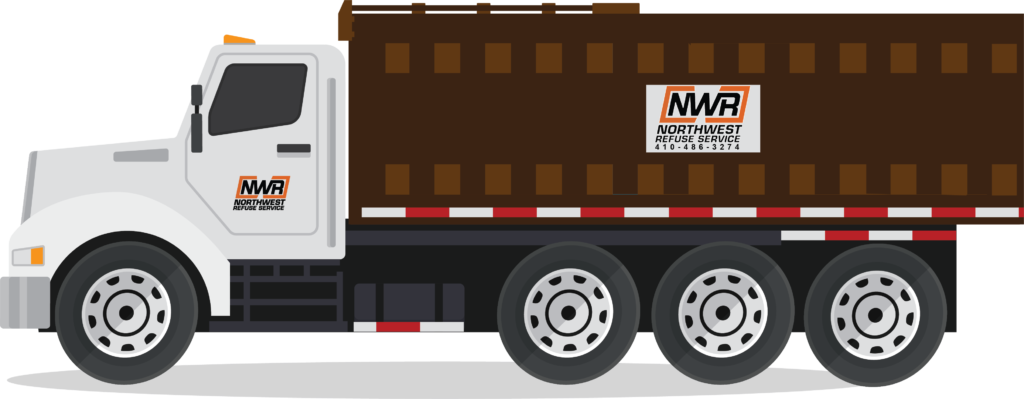Effective waste management is crucial for small businesses aiming to reduce costs, comply with regulations, and promote sustainability. Implementing efficient waste management practices can improve operational efficiency and contribute to a greener environment. Here are ten practical tips to help small businesses manage waste effectively:
1. Conduct a Waste Audit
Understanding what types of waste your business generates is the first step toward effective management:
- Identify Waste Streams: Assess the types and volumes of waste produced, including general waste, recyclables, and hazardous materials.
- Analyze Patterns: Look for patterns and sources of waste to identify areas where reductions can be made or recycling can be improved.
2. Implement Recycling Programs
Recycling helps divert waste from landfills and conserves resources:
- Set Up Recycling Bins: Provide separate bins for paper, glass, plastics, and metals in accessible locations throughout your business.
- Educate Employees: Train staff on proper recycling practices and ensure they understand what materials can and cannot be recycled.
3. Minimize Waste Generation
Reducing the amount of waste your business generates can lower disposal costs and environmental impact:
- Optimize Inventory: Use inventory management systems to avoid overordering and reduce packaging waste.
- Adopt Paperless Practices: Move towards digital documents and communications to cut down on paper waste.
4. Utilize Waste Reduction Technologies
Technology can play a key role in waste reduction:
- Automated Solutions: Invest in automated waste management systems that help track waste and optimize disposal processes.
- Energy-Efficient Equipment: Use energy-efficient appliances and equipment to reduce waste and lower utility costs.
5. Implement Composting
Composting can handle organic waste and reduce landfill contributions:
- Set Up Composting Bins: For businesses that produce food waste, set up composting bins for organic materials.
- Partner with Composting Services: If in-house composting isn’t feasible, partner with local composting services to manage organic waste.
6. Educate and Involve Employees
Engaging employees in waste management practices can enhance program effectiveness:
- Training Programs: Conduct regular training sessions on waste management, recycling, and sustainability practices.
- Create a Waste Management Team: Establish a team responsible for overseeing waste management efforts and driving improvements.
7. Choose Sustainable Suppliers
Selecting suppliers with sustainable practices can reduce your overall waste footprint:
- Evaluate Suppliers: Choose suppliers that use minimal packaging and have recycling or take-back programs.
- Request Eco-Friendly Products: Opt for products made from recycled or environmentally friendly materials.
8. Regularly Review Waste Management Practices
Regular reviews help ensure that waste management practices remain effective and compliant:
- Assess Performance: Periodically review your waste management practices and performance to identify areas for improvement.
- Adjust Strategies: Make adjustments based on new waste audits, employee feedback, and changing regulations.

9. Comply with Regulations
Adhering to local waste management regulations is essential to avoid fines and ensure responsible practices:
- Stay Informed: Keep up-to-date with local, state, and federal waste management regulations that affect your business.
- Maintain Records: Keep detailed records of waste disposal and recycling activities to demonstrate compliance.
10. Promote Waste Reduction Initiatives
Encourage a culture of sustainability within your business:
- Implement Incentives: Offer incentives for employees who come up with innovative waste reduction ideas or consistently follow best practices.
- Share Success Stories: Highlight successful waste reduction and recycling initiatives to motivate and engage staff.
Effective waste management services is essential for small businesses aiming to enhance sustainability, reduce costs, and meet regulatory requirements. By conducting waste audits, implementing recycling and composting programs, and educating employees, you can create a more efficient and environmentally friendly business.


